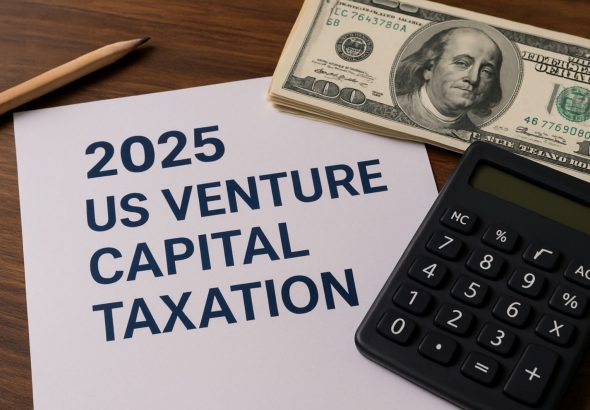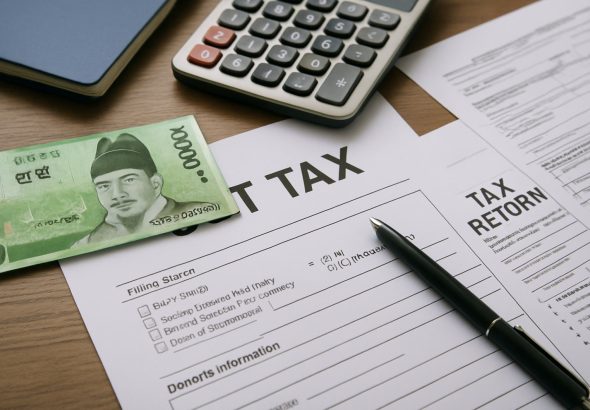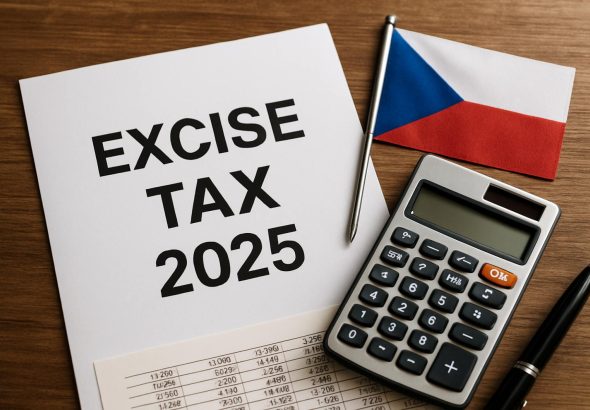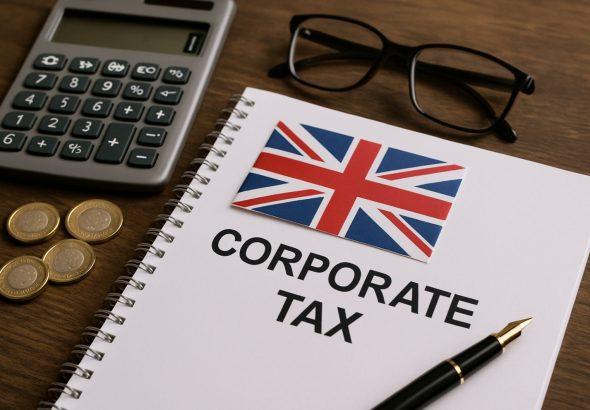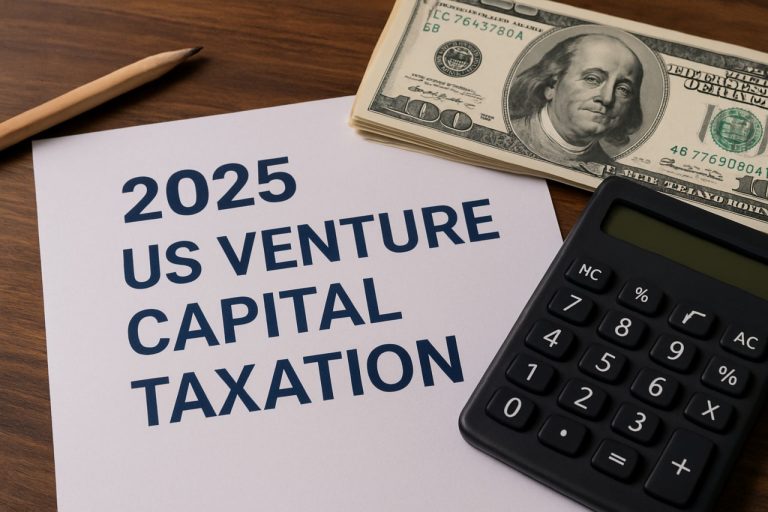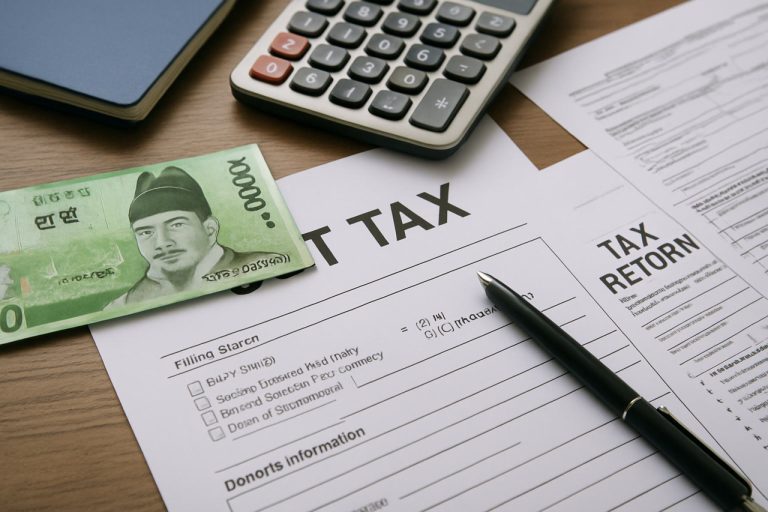Venture Capital Investment Taxation in the United States: 2025 Market Report. Explore Regulatory Changes, Tax Strategies, and...
Gift Tax Filing in South Korea 2025: Comprehensive Analysis of New Regulations, Compliance Trends, and Strategic Filing...
Excise Tax Handling in Czech Republic 2025: Comprehensive Analysis of Regulatory Changes, Compliance Strategies, and Market Impact...
Foreign Exchange Gains and Losses (FEGL) in UK Corporate Taxation 2025: Key Impacts, Compliance Strategies, and Market...
Revenue Recognition Standards in the United States: 2025 Market Report. An In-Depth Analysis of Regulatory Changes, Industry...
SEIS Investment Scheme (UK) Market Report 2025: Trends, Performance, and Strategic Insights for Investors and Startups. Discover...
Czech Dividend Withholding Tax Compliance in 2025: Essential Strategies, Regulatory Updates, and Market Impact for Investors and...
Value-Added Tax (VAT) Reverse Charge Mechanism in the European Union: 2025 Market Analysis and Strategic Insights. Explore...
Bank Secrecy Act Compliance in the United States: 2025 Market Report — Trends, Enforcement, and Technology Shaping...
Franked Dividends in Australia 2025: Comprehensive Market Analysis, Payout Trends, and Tax Implications for Investors Executive Summary:...






